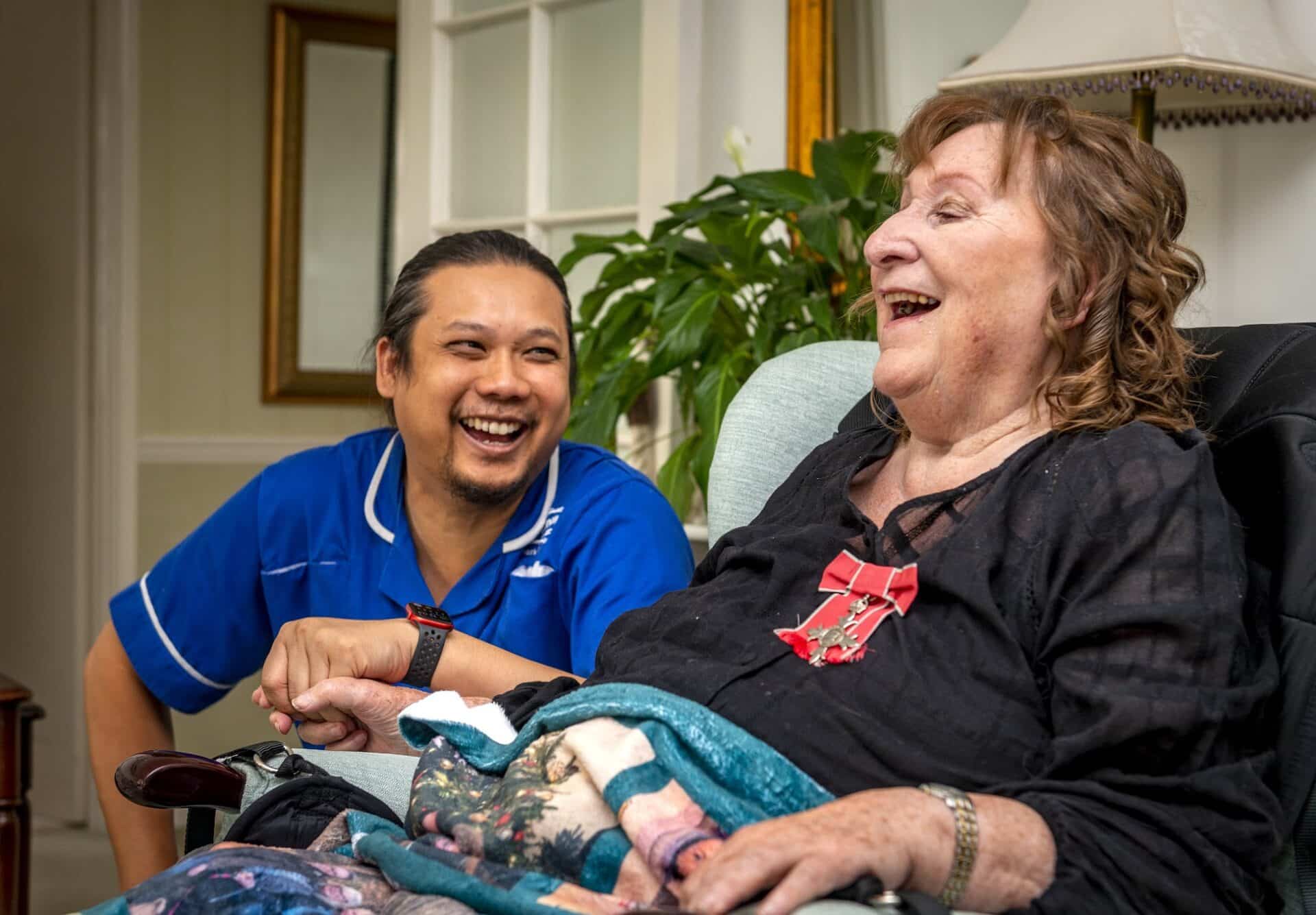The Vital Role of Male Care Workers

In the home care profession, the traditional image of a carer often conjures up the stereotype of a nurturing woman tending to the needs of those requiring assistance. However, as society norms evolve and gender roles continue to shift, it is crucial to recognise the significance of male caregivers. The inclusion of men in care roles not only challenges stereotypes but also brings unique perspectives and skills to the table, contributing to a more diverse and effective care environment.
Breaking Stereotypes:
Historically, care work has been viewed as a predominantly female profession. The assumption that men are better suited for roles that require physical strength or technical skills has led to the marginalisation of male care workers in home care. However, this outdated perspective neglects the emotional intelligence, compassion, and adaptability that are essential qualities for effective caregiving.
Understandably many customers prefer a female carer, we sometimes believe females are more gentle, more understanding and have a more motherly nature. But we must ask ourselves, are we as choosy when it comes to male nurses in hospitals?
Emotional Support and Companionship:
Male care workers, like their female counterparts, excel in providing emotional support and companionship. The ability to empathise, listen, and offer a comforting presence knows no gender boundaries. Customers should feel they can find solace in the diverse perspectives that male caregivers bring, broadening the emotional and social support available to them.
Promoting Inclusivity in Homecare:
The importance of male caregivers in home care lies not only in challenging stereotypes but also in promoting inclusivity. A diverse caregiving team reflects the diversity of the individuals requiring care. Men may offer a different approach to problem-solving, communication, and caregiving techniques, providing a more comprehensive and adaptable care environment.
Addressing Varied Needs:
Male caregivers may also be physically stronger than a female carer. This means that they may find tasks like moving and handling a customer easier.
Men traditionally have much more in common with other men. For example a love of male dominated sports. Considering male carers means that precise customer and carer matching is more possible.
The care industry suffers a huge shortage of care professionals. As our life expectancies increase the need the shortage of care professionals will increase meaning more and more people will not get the care they need. One way to help ease this problem is welcome males into this profession.